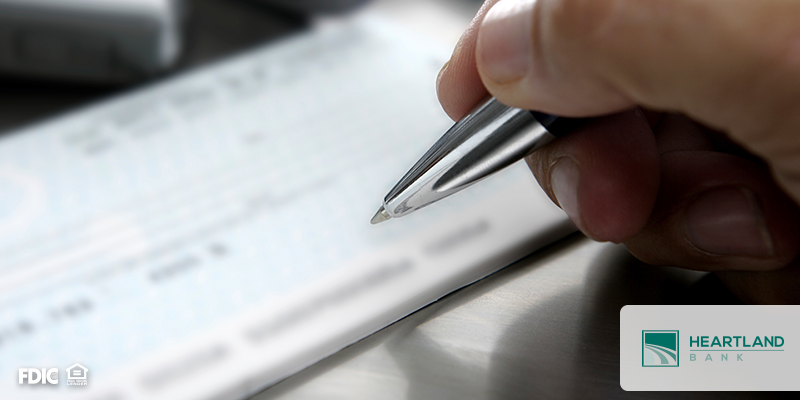
Concerns about cyberattacks on small businesses continue to grow, and knowing how to protect your business is crucial. Because smaller businesses don’t have the same amount of security as big businesses, they’re prime victims for cybercriminals. Keep reading to learn the best ways to keep your small business out of online danger.
Always use strong and secure passwords
This is the most obvious and well-known cybersecurity tip, but it’s one of the most important. If you want any sort of protection from hackers, your passwords must be strong, secure and updated regularly.
Never use the same password for multiple accounts
Going along with the first tip, password security is a must. Not only should your passwords be strong and updated, but they should differ on each account. Using the same password for multiple accounts is risky because if one account is compromised, they all are.
Keep your software updated
Outdated and old versions of apps can be more vulnerable to hacker access. A great way to keep your software secure is to install all updates for software and applications as soon as they’re made available.
Use VPNs (Virtual Private Networks)
VPNs are made to encrypt all traffic that leaves and enters your device. Using a VPN is a smart step towards securing your business’s information. If a cybercriminal somehow hacks you and intercepts your information, it will all be encrypted data which is useless for them.
Train your employees properly
Being consistent with your employees is extremely important for your small business’s online safety. Make sure all employees know what precautions to take, how to use and handle business information and what the penalties are for failing to follow those rules.
Try hacking your own system
Hiring an IT specialist to analyze and audit your system to search for weaknesses is a great way to see what needs to be improved. Doing this will help you understand how to better protect your small business. Most small businesses are very under-protected when it comes to cyber safety and protecting their information. We hope you’ll follow these tips and take all the necessary precautions in order to keep your small business out of harm’s way.






